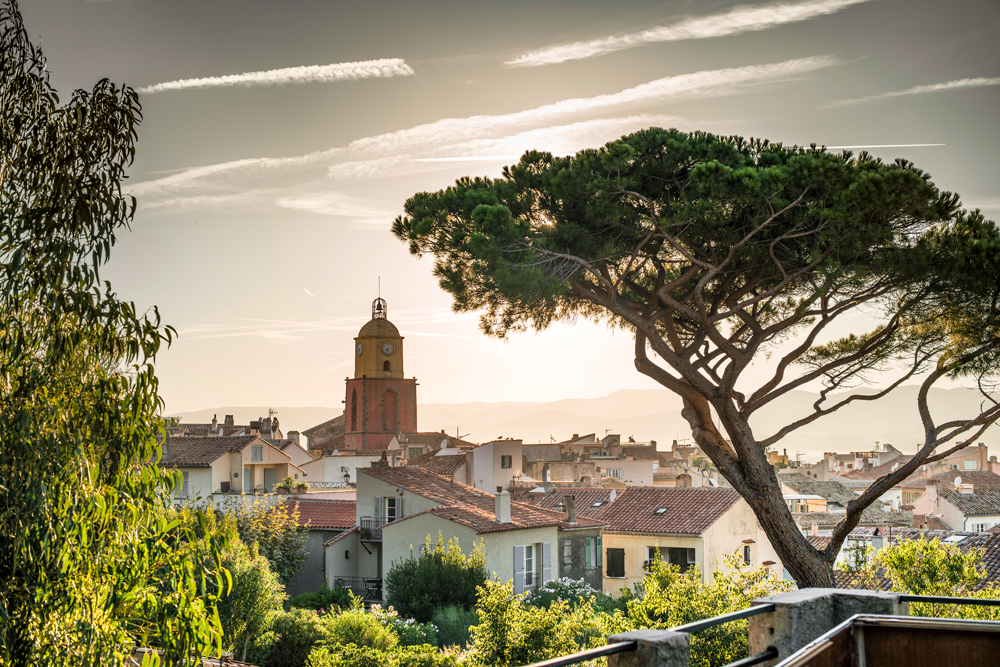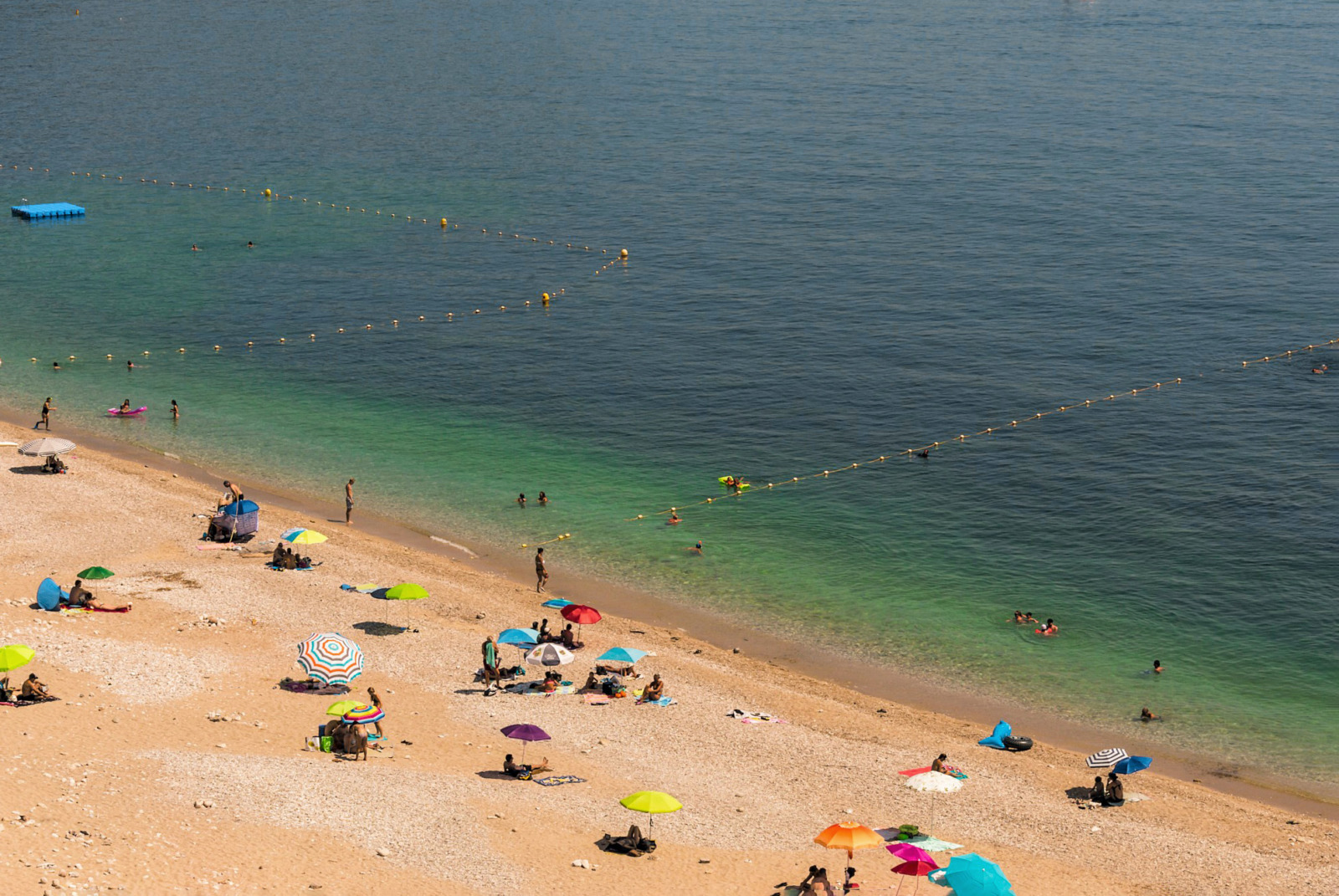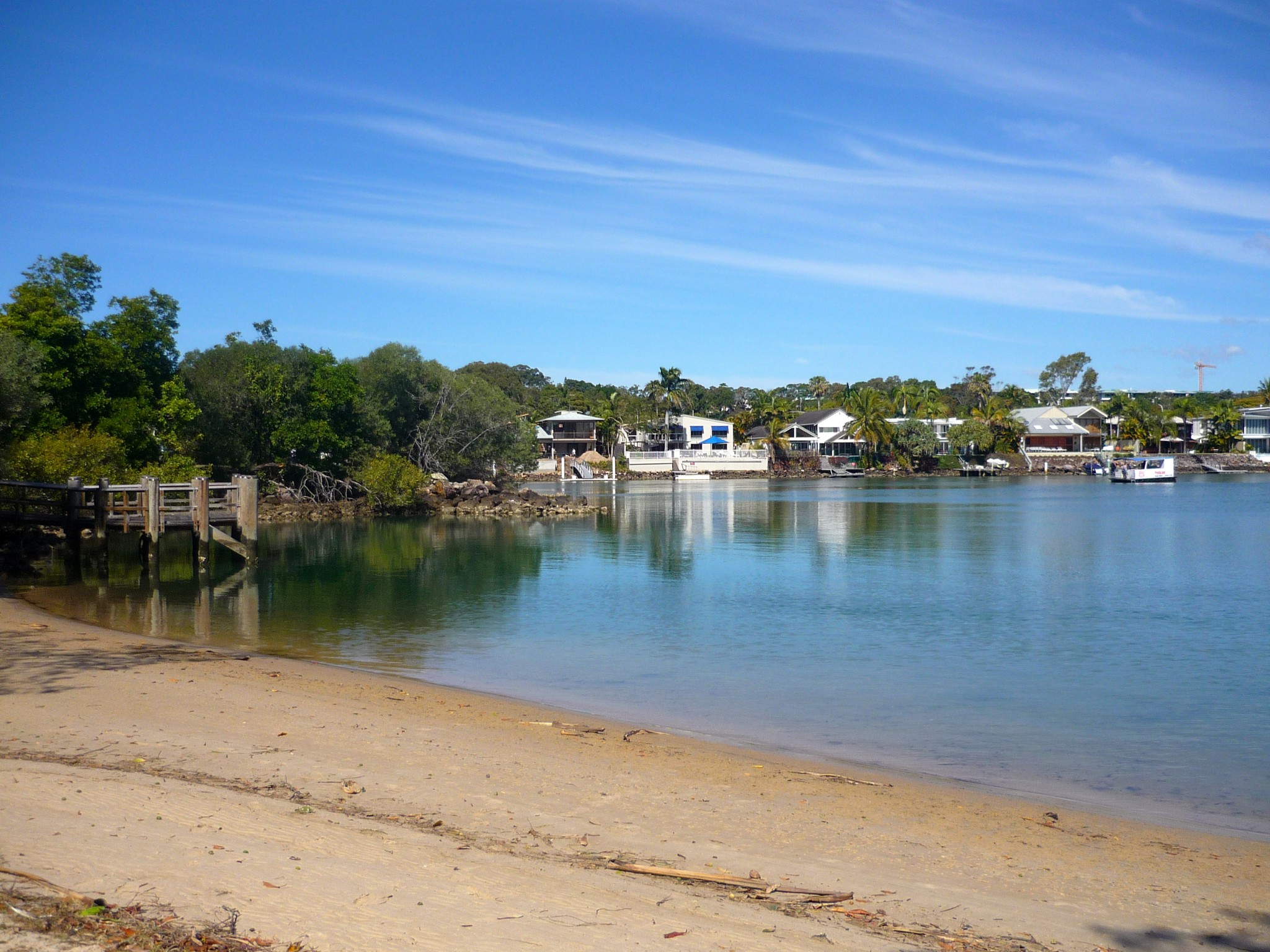“La Madrague” is a famous French song recorded by Brigitte Bardot in 1963. We listened to the song on the last day of our French intensive course in Noosa, Australia, back in 2013. During the course, the adult students worked on the theme of “Les vacances à la mer” (the holidays by the sea in France).
About the song “La Madrague”
“La Madrague” is a song written by Jean-Max Rivière and composed by Gérard Bourgeois. Inspired by the house of Brigitte Bardot, it was recorded in 1963 and sung by the French star herself. The lyrics refer to the property purchased in 1958 by Brigitte Bardot in Saint-Tropez. The peaceful enclave of La Madrague, which overlooks the sea, has been owned by the French model, actress and singer for more than half a century.
Brigitte Bardot, who turned her back on stardom in 1973 at the height of her career, wished to find privacy there, in a place hidden from the photographers and busyness of life. She adored the house so much that the song “La Madrague” is a tender anthem to summertime in Saint-Tropez.
A “madrague” is a fishing technique for catching tuna (almadraba in Spanish).
About the lyrics of the song
“La Madrague” by Brigitte Bardot is a gentle, reflective chanson about the end of summer and the inevitable passage back to everyday life after the holiday season.
As mentioned above, the title, “La Madrague”, refers to Bardot’s beach house in St. Tropez, making the song profoundly personal and evocative of specific memories and emotions linked to that place.

Analysis of the Lyrics
The song begins with an evocative image of a deserted beach strewn with seashells and crustaceans, which mourn the departure of summer.
This personification of the beach and its elements underscores a sense of loss and abandonment, reflecting the singer’s emotions as she contemplates the end of a joyous season.
The lyrics “On a rangé les vacances / Dans des valises en carton” (We’ve packed up the holidays / In cardboard suitcases) poignantly symbolize the packing away of memories and the return to a less colourful, more mundane existence.
The mention of cardboard evokes something temporary and fragile, much like the fleeting nature of holiday joy.
![Saint-Tropez by Синявский Борис [public domain]](https://frenchmoments.eu/wp-content/uploads/2021/05/Saint-Tropez-by-Синявский-Борис-public-domain.jpg)
Anticipating for next year
As the song progresses, Bardot expresses a resigned anticipation for the next year, when everything will bloom again and they will return.
However, this hope does not alleviate her sadness at leaving the sea and home.
The mistral, a strong, cold wind in the region, is personified as becoming accustomed to blowing without sailboats, and its presence in her tousled hair will be a poignant reminder of what she is leaving behind.
The sun, described as her “grand copain” (great friend), will only warm her from a distance, suggesting a temporary estrangement not only from the place but also from the season’s warmth and carefree days. This separation is felt deeply as if their parting saddens both the sun and her.
The song concludes with a return to the city and the onset of autumn, marked by rain—a stark contrast to her sunny memories of La Madrague.
Her sadness is private, something she plans to keep to herself, described metaphorically as keeping it like a friend. This introspective solitude contrasts with the communal joy of summer.

Conclusion
Ultimately, “La Madrague” is a song about transitions—the change from the carefree days of summer to the structured reality of autumn, from being in a place of emotional and physical warmth to returning to the colder, routine-driven urban life.
The cycle of seasons in the song mirrors the human condition of experiencing joy and loss, highlighting a universal, bittersweet acceptance of change.
The return to the beach at the first signs of summer, where they will once again celebrate with the crustaceans on the sunny beach, suggests a resilient hope and the cyclical nature of life’s pleasures and sorrows.
Read the French lyrics of the song “La Madrague”.



